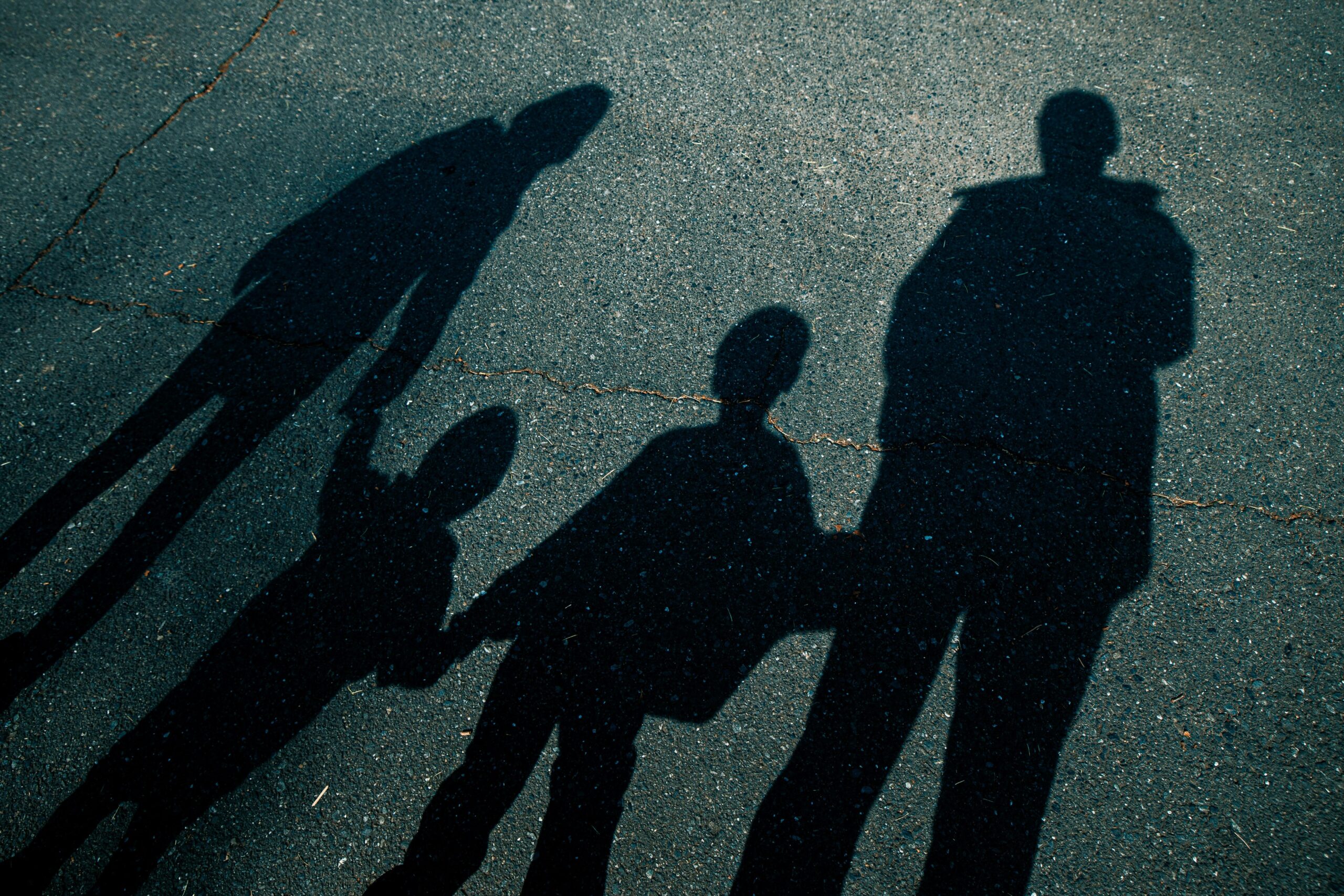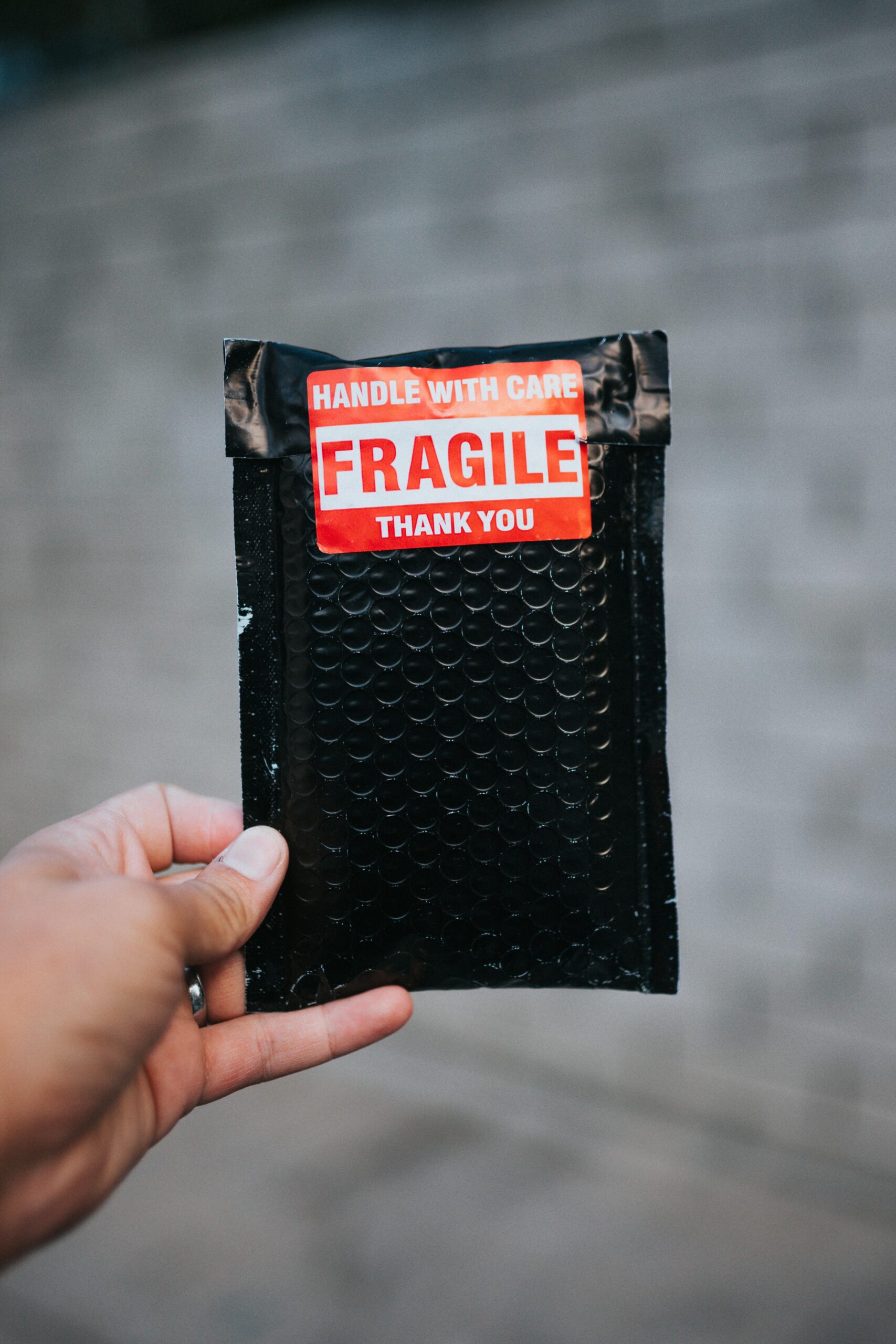When family ties are broken by crime, the fallout can be as complicated emotionally as it is legally. But what exactly happens when a family member crosses the line and commits a crime against their own relatives? The legal consequences can be surprisingly complex, touching on everything from custody battles to criminal penalties—and often forcing courts to navigate sensitive dynamics that most cases don’t encounter. In this article, we’ll take a closer look inside the legal world to understand how family crime offenders are held accountable, and what this means for families trying to rebuild trust amid the turmoil. Curious to learn more? Let’s dive in.
Table of Contents
- Understanding the Hidden Impact of Family Crimes on Legal Outcomes
- Navigating the Courtroom Maze When Family Bonds Complicate Justice
- Exploring Rehabilitation Options Tailored for Family Crime Offenders
- Practical Steps to Protect Your Rights and Seek Fair Legal Treatment
- Concluding Remarks
Understanding the Hidden Impact of Family Crimes on Legal Outcomes
When considering the repercussions of family-related offenses, it’s crucial to recognize that the consequences often extend far beyond the courtroom. Legal outcomes in these cases are heavily influenced by the intricate dynamics involved—an element that can significantly alter sentencing, custody decisions, and rehabilitation approaches. Courts don’t merely view family crimes through the lens of the act committed; instead, they analyze the emotional and psychological toll on victims, the offender’s relationship with family members, and the broader social context. This layered scrutiny can lead to outcomes that might seem disproportionate to those unfamiliar with the nuances of family law.
Moreover, the ripple effects of these crimes frequently manifest in areas that aren’t immediately obvious but deeply affect all parties involved. For example:
- Child custody battles may hinge on allegations of family violence, dramatically shifting parental rights.
- Protective orders can restrict an offender’s ability to maintain relationships or access family resources.
- Rehabilitation programs are often mandated with an emphasis on addressing underlying behavioral issues unique to family dynamics.
It’s this complexity that demands a legal approach tailored not just to punishment, but to healing and prevention, underscoring how family crime cases challenge the justice system to balance fairness with sensitivity.
Navigating the Courtroom Maze When Family Bonds Complicate Justice
When crimes intertwine with family ties, the courtroom transforms into a complex web where legal principles and personal emotions collide. Judges and juries often face the delicate task of balancing justice with empathy, aware that each ruling echoes far beyond the immediate parties involved. Legal professionals must untangle these intertwined relationships without compromising the core intent of the law. This often means dissecting motives, dependencies, and histories that form the backdrop of the offense, challenging even the most seasoned attorneys to look beyond statutes and into nuanced human dynamics.
For offenders, the implications extend beyond typical consequences. Courts may consider factors unique to family-related crimes, such as:
- Emotional manipulation or coercion within the household
- Potential for rehabilitation aided by family support systems
- Protection measures to prevent ongoing harm, such as restraining orders tailored to familial contexts
- Sentencing alternatives focusing on therapy and mediation rather than strict punitive measures
These considerations showcase the legal system’s attempt to reflect the complexity of family bonds while still upholding accountability, a balancing act that continues to evolve with each case.
Exploring Rehabilitation Options Tailored for Family Crime Offenders
When it comes to addressing offenses within family dynamics, the path to rehabilitation must be as nuanced as the relationships involved. Traditional punitive measures alone often fall short in promoting genuine change and healing. Instead, customized intervention programs that consider factors such as the offender’s role within the family, the nature of the offense, and the presence of underlying issues like substance abuse or mental health disorders tend to yield better outcomes. These tailored strategies focus on both accountability and repairing fractured relationships, often blending individual therapy with family counseling sessions to foster understanding and rebuild trust.
Innovative rehabilitation options increasingly emphasize restorative justice practices. These may include:
- Mediation circles where victims, offenders, and family members collaboratively discuss harm and resolution.
- Educational workshops aimed at improving communication skills and conflict resolution within the household.
- Support groups that provide ongoing peer guidance and mentorship to prevent recidivism.
By focusing on healing and personal growth instead of solely on punishment, these rehabilitation options acknowledge the complex emotional landscape of family crimes, ultimately supporting offenders in becoming constructive members of their families and communities once again.
Practical Steps to Protect Your Rights and Seek Fair Legal Treatment
When confronting allegations linked to family-related offenses, it’s crucial to immediately secure knowledgeable legal representation. A skilled attorney not only clarifies intricate laws but also ensures that your constitutional rights are upheld from the outset. Gathering pertinent evidence early—such as communication records, financial documents, and witness statements—can be a game-changer in building a robust defense. Remember, each detail could potentially shift the outcome, so maintaining organized records and a timeline of events is indispensable.
Equally important is to approach interactions with law enforcement and the judicial system cautiously. Exercising your right to remain silent and refraining from providing spontaneous statements can prevent unintended self-incrimination. Additionally, staying informed about case developments and court procedures empowers you to participate actively in your defense strategy. Consider these essential tips:
- Consult multiple legal experts if uncertain about your case nuances.
- Document every interaction related to the case meticulously.
- Maintain a support network for emotional and practical guidance.
Concluding Remarks
Wrapping up our deep dive into the legal consequences faced by family crime offenders, it’s clear that these cases are as complex as the relationships involved. The law doesn’t just seek justice but tries to navigate the delicate balance between accountability and family dynamics. If you found this exploration intriguing, keep an eye out for more insights into how the legal system intersects with the most personal parts of our lives. After all, understanding these consequences helps us better grasp the ripple effects such crimes have—not just legally, but emotionally and socially too. Stay curious!











